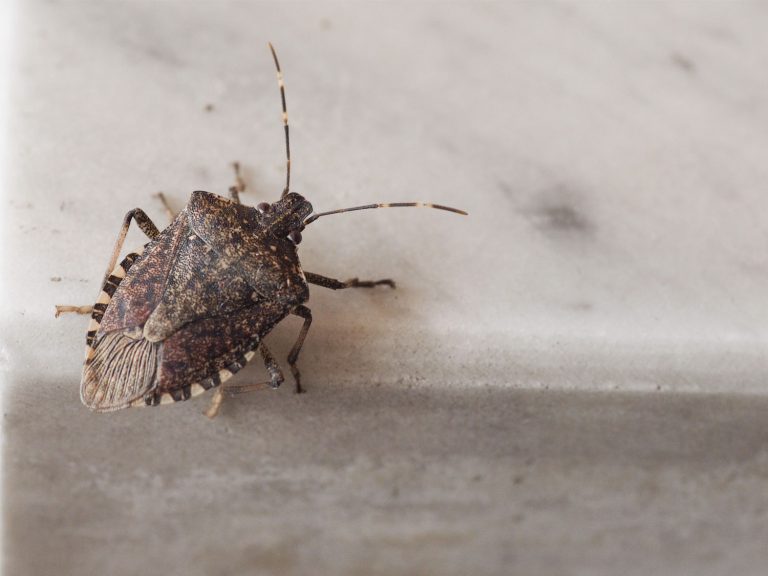
Date:
Seasonal measures for Brown Marmorated Stink Bug (BMSB)
The 2024/25 Brown Marmorated Stink Bug (BMSB) season is now underway, which means strict import regulations are implemented by Australia and New Zealand, with the United Kingdom a target risk country.
The BMSB is an agricultural pest native to China, Japan, the Korean peninsula, and Taiwan, and is renowned for the widespread damage it may cause to fruit and vegetable crops.
Accidentally introduced into the United States twenty years ago, the BMSB is now also established in South America and Europe.
Seasonal measures are crucial to protect agricultural industries from the significant biosecurity threat posed by BMSBs, which are known to damage over 300 plant species and can cause serious economic and ecological harm.
From the 1st September 2024 to 30th April 2025, Australia and New Zealand are enforcing seasonal measures on goods originating from 41 target risk countries.
This year, China and South Korea have been added to the heightened vessel surveillance list, alongside existing risk countries like the United Kingdom, which is subject to random inspections of shipments. Australia will randomly inspect UK-origin goods between 1st December and 30th April, while China-origin shipments will face inspections between 1st September and 31st December.
The BMSB measures apply to high-risk goods, including those shipped in break bulk, open containers, or on flat racks. These goods must undergo mandatory offshore treatments, such as fumigation or heat treatment, to mitigate the BMSB threat before arrival.
Treatment and packaging regulations
Both Australia and New Zealand require that all high-risk goods be packaged to allow for effective treatment. Packaging must permit fumigants or heat to reach all surfaces, meaning plastic wrapping may need to be adjusted or slashed to ensure proper infiltration. The regulations apply only to the goods themselves, not to packaging materials like cardboard or pallets, though these materials must still meet general non-commodity requirements.
To comply with these requirements, importers must ensure that their goods are treated by approved offshore BMSB treatment providers, registered with the relevant authorities. Australia’s AusTreat system and New Zealand’s Ministry for Primary Industries (MPI) offer lists of authorised treatment providers.
Minimising delays and non-compliance risks
Non-compliance with BMSB regulations can lead to severe delays, additional costs, or even exportation of the shipment. To avoid these complications, importers are strongly encouraged to complete BMSB treatments offshore before the goods arrive in Australia or New Zealand. Accurate and early documentation, including treatment certificates, is essential for expediting inspections and clearing shipments.
By staying updated with these regulations and ensuring compliance, importers can minimise potential disruptions to their supply chains during the BMSB risk season.
Dedicated staging facilities
Metro has established dedicated staging facilities at origin and destination ports to comply with seasonal measures for the Brown Marmorated Stink Bug (BMSB).
These facilities are sterilised to meet quarantine and inspection standards, such as those set by the Australian Quarantine and Inspection Service (AQIS), providing a controlled environment for the inspection, cleaning, and fumigation of high-risk cargo.
By ensuring that cargo is treated and transported within a sterile environment, it bypasses quarantine checks upon arrival and moves directly to the destination staging facility for unloading and further distribution, thus streamlining the delivery process and meeting BMSB compliance standards.
